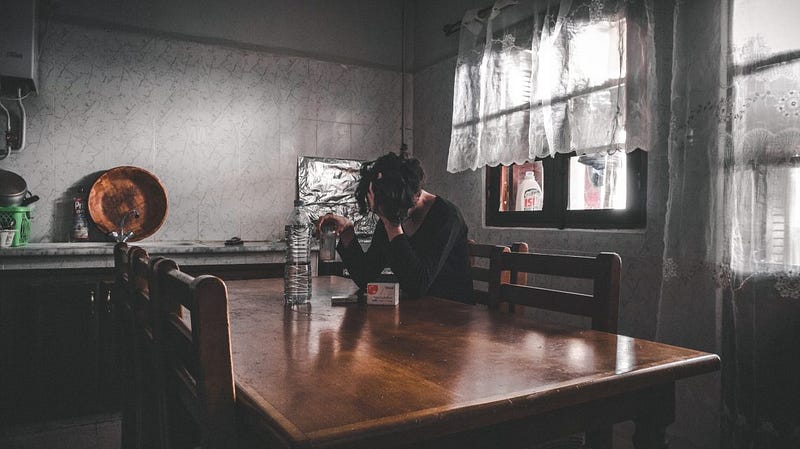I’m Taking Mental Health More Seriously, and You Should Too

“Oh look another millennial jumping on the mental health bandwagon.” On the contrary, mental health has always been a thing. However, because society is literally so advanced, we now have the time energy and resources to focus on it, and we should.
What is Mental Health?
Google defines mental health as “A wide range of conditions that affect mood, thinking, and behavior.” Simply put, it’s the health status of your mind, thoughts and behaviors.
Most of the time the words mental health are tied to things like depression, anxiety, Post Traumatic Stress Disorder (PTSD), bipolar disorder, etc. I like to think of it as all of that and more. The same way we think of physical health.
Why Do I Care more Now?
My fiance is currently earning her master’s degree in social work. Her main area of study, or the one that she shows the most interest in is mental health. Because I am her paper proofreader and person she confides in, I have learned a lot more recently, and from hearing her stories, I know that it’s something that needs to be taken seriously.
Also, my dad was in the military, and like most veterans who’ve seen war, he was diagnosed with PTSD. I’ve known that since I was a child, and I even wrote several papers on PTSD because of it. The older I get, and the more I talk with my dad, I understand the impact it has had on his life and subsequently our family.
What About The Stigma
When I got to college, I noticed several of my new friends spoke of things like anxiety and depression. I had no idea what those things were. I had heard of people being depressed, but I didn’t understand the idea of long term clinical depression.
I also understood the concept of being anxious in a certain situation, but did not have a grasp on the concept of dealing with an anxiety disorder. The fact that these things affected the people around me was baffling.
As my college career continued, I watched these things develop, manifest, and even define the way my friend interacted with others. I noticed some of the habits, lingo, and medications associated with it.
I watched as friends developed these mental health issues over a few years and how they dealt with it. I also noticed that all of these things were normal and that I had only just learned the names of the conditions my friends were dealing with.
What I’m Doing Now
I believe that talking about something helps establish normalcy around it. If we just talk about our mental state more, people won’t feel ashamed to admit that they are dealing with something that a lot of other people are dealing with.
Also the more we talk about it, the more can be done. If we know that several people are dealing with something, we can share tips, tricks, stories, etc to help one another.
I’m asking questions and trying to understand so that I can effectively help someone if need be. I am in no way a therapist, but if I can be empathetic to someone who’s going through something then I know that makes a difference.
It’s important to take care of our physical bodies. We can see them and they affect what we can and cannot do physically. But we should also take care of our mental health. Our mental state controls way more than we give credit for.
If you’d like to learn more about mental health or are in need of services, I recommend the National Alliance of Mental Illness as a good resource to start. Here is a link to their hotlines and resource guides if you need it. https://www.nami.org/find-support/nami-helpline/top-25-helpline-resources
Photo by Issam Hammoudi on Unsplash
Originally published at https://www.thepromillennial.com on January 15, 2019.
